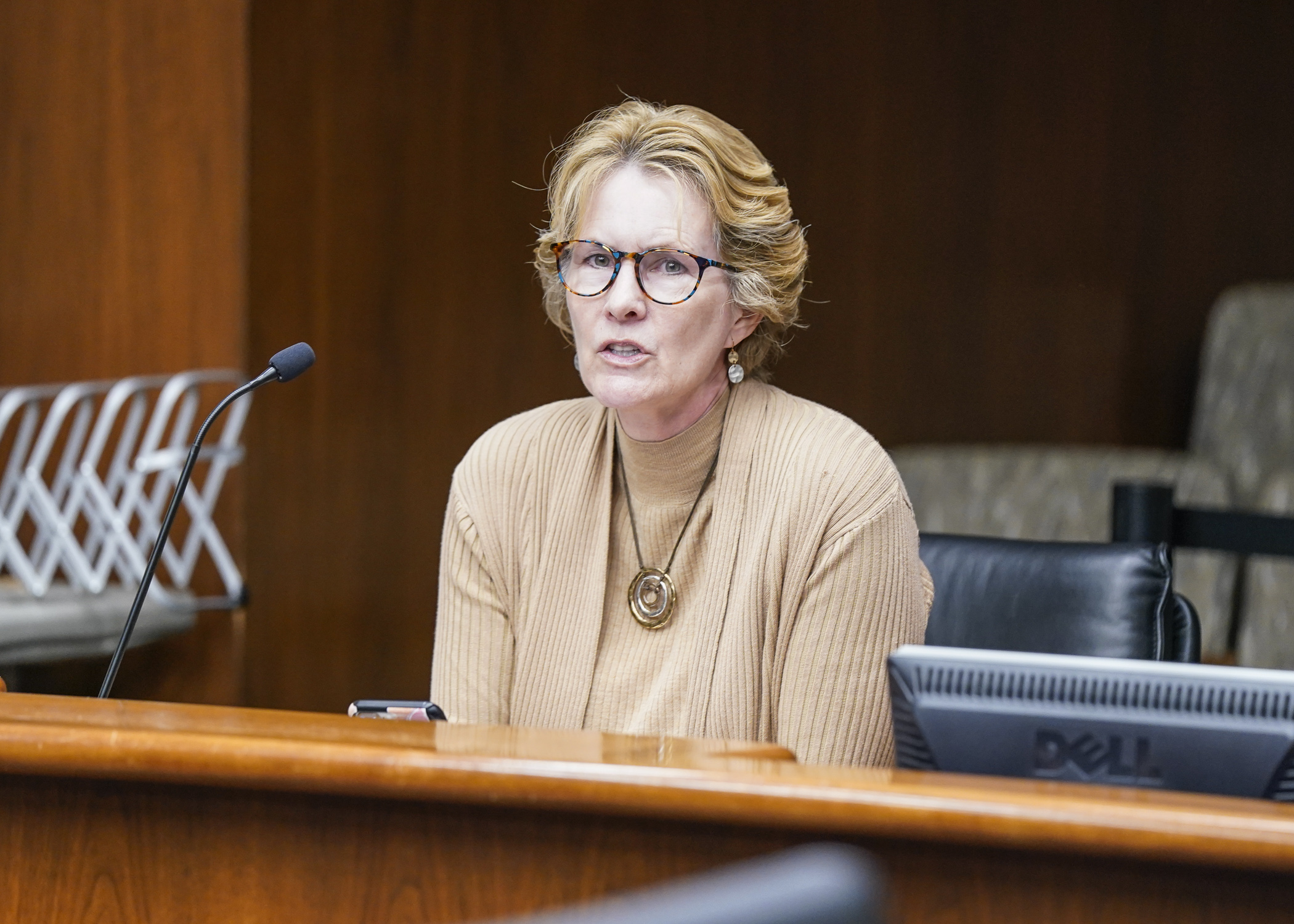House tax panel considers raising income tax rates for state’s highest earners

Should the wealthiest Minnesotans pay a larger share of their income in taxes? Or would that be bad for business, causing a corporate mass exodus?
Arguments can be made on both sides, and some were aired when the House Taxes Committee took up the topic Tuesday.
Sponsored by Rep. Kaohly Vang Her (DFL-St. Paul), HF442, as amended, would create a new fifth tier for Minnesota’s individual income tax, effective for tax year 2023. It would also reset the state’s income tax brackets, raising the income levels of each rate to keep pace with inflation since the rates’ last update in 2019.
The committee laid the bill over for possible inclusion in the omnibus tax bill.
Currently, the state’s highest income tax rate is 9.85%, which is for married joint filers with taxable incomes of at least $304,970 or at least $183,340 for individuals. As proposed, the tax rate for married joint filers and surviving spouses making at least $1 million a year would be 10.85%. The same rate would also apply to single taxpayers making at least $600,000 a year, or above $800,000 for head of household filers.
“What we have in our surplus is one-time money,” Her said. “As a state, we care about people and we care that they have the resources that they need in order to live full lives. In order to do that, we need dedicated revenue.”
The Revenue Department estimates the change would affect about 24,200 tax returns, or about 0.8% of all filers. Such filers would see an average tax increase of $9,231 per return. The department also estimates the change would increase state tax receipts by $281.9 million in fiscal year 2024.
Almost 90 minutes of testimony and debate broke down largely along the lines of finding more consistent funding for state programs versus creating greater incentives for people to leave the state.
“I think this is exactly the kind of bill that we need to be looking at,” said Rep. Liz Olson (DFL-Duluth). “How we raise revenue in a way that really thinks about the future of our state and investing in the things that we care about. … With a onetime surplus, you can’t budget into the future to solve our problems.”
“We don’t have a revenue problem,” said Rep. Jon Koznick (R-Lakeville). “We have a spending problem.”
Rep. Cheryl Youakim (DFL-Hopkins) responded that, when adjusted for inflation, government spending has actually declined.
But Rep. Chris Swedzinski (R-Ghent) came back to the issue of higher tax rates being bad for business.
“If raising taxes on cigarettes keeps people from smoking, then raising taxes on business owners keeps people from wanting to do business in the state of Minnesota,” he said.
“We could basically copy and paste everything that’s been said against this bill from what was said against the fourth tier that was talked about a decade ago,” said Rep. Andy Smith (DFL-Rochester). “By 2019, we saw 20,000-plus filers go into that highest tier, so people aren’t just fleeing our state.”
Related Articles
Search Session Daily
Advanced Search OptionsPriority Dailies
Speaker Emerita Melissa Hortman, husband killed in attack
By HPIS Staff House Speaker Emerita Melissa Hortman (DFL-Brooklyn Park) and her husband, Mark, were fatally shot in their home early Saturday morning.
Gov. Tim Walz announced the news dur...
House Speaker Emerita Melissa Hortman (DFL-Brooklyn Park) and her husband, Mark, were fatally shot in their home early Saturday morning.
Gov. Tim Walz announced the news dur...
Lawmakers deliver budget bills to governor's desk in one-day special session
By Mike Cook About that talk of needing all 21 hours left in a legislative day to complete a special session?
House members were more than up to the challenge Monday. Beginning at 10 a.m...
About that talk of needing all 21 hours left in a legislative day to complete a special session?
House members were more than up to the challenge Monday. Beginning at 10 a.m...